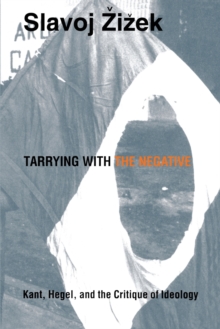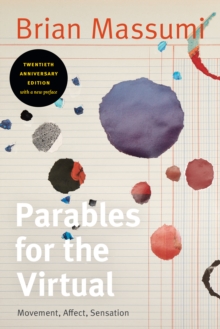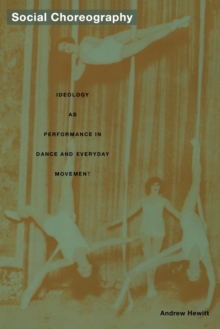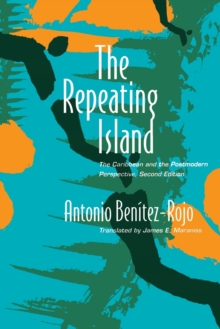
Time-Fetishes : The Secret History of Eternal Recurrence PDF
by Lukacher Ned Lukacher
Part of the Post-contemporary interventions series
Please note: eBooks can only be purchased with a UK issued credit card and all our eBooks (ePub and PDF) are DRM protected.
Description
For over two and a half millennia human beings have attempted to invent strategies to "discover" the truth of time, to determine whether time is infinite, whether eternity is the infinite duration of a continuous present, or whether it too rises and falls with the cycles of universal creation and destruction. Time-Fetishes recounts the history of a tradition that runs counter to the dominant tradition in Western metaphysics, which has sought to purify eternity of its temporal character. From the pre-Socratics to Ovid and Plotinus, and from Shakespeare to Hegel, Schelling, Nietzsche, Heidegger, and Derrida, Time-Fetishes traces the secret tradition of the idea of eternal recurrence and situates it as the grounding thought of Western philosophy and literature.
The thinkers in this counter-history of the eternal return lingered long enough on the question of time to learn how to resist separating eternity from time, and how to reflect on the possible identity of time and eternity as a way of resisting all prior metaphysical determinations. Drawing out the implications of Nietzsche's reinvention of the doctrine of return, Lukacher ranges across a broad spectrum of ancient and modern thinkers. Shakespeare's role in this history as the "poet of time" is particularly significant, for not only does Shakespeare reactivate the pre-Christian arguments of eternal return, he regards them, and all arguments and images concerning the essence of time and Being, from an inimitably ironic perspective.
As he makes transitions from literature to philosophy and psychoanalysis, Lukacher displays a theoretical imagination and historical vision that bring to the forefront a host of pre- and post-Christian texts in order to decipher in them an encounter with the thought of eternal recurrence that has been too long buried under layers of rigid metaphysical interpretation.
The thinkers in this counter-history of the eternal return lingered long enough on the question of time to learn how to resist separating eternity from time, and how to reflect on the possible identity of time and eternity as a way of resisting all prior metaphysical determinations. Drawing out the implications of Nietzsche's reinvention of the doctrine of return, Lukacher ranges across a broad spectrum of ancient and modern thinkers. Shakespeare's role in this history as the "poet of time" is particularly significant, for not only does Shakespeare reactivate the pre-Christian arguments of eternal return, he regards them, and all arguments and images concerning the essence of time and Being, from an inimitably ironic perspective.
As he makes transitions from literature to philosophy and psychoanalysis, Lukacher displays a theoretical imagination and historical vision that bring to the forefront a host of pre- and post-Christian texts in order to decipher in them an encounter with the thought of eternal recurrence that has been too long buried under layers of rigid metaphysical interpretation.
Information
-
Download - Immediately Available
- Format:PDF
- Pages:192 pages
- Publisher:Duke University Press
- Publication Date:05/01/1999
- Category:
- ISBN:9780822398837
Information
-
Download - Immediately Available
- Format:PDF
- Pages:192 pages
- Publisher:Duke University Press
- Publication Date:05/01/1999
- Category:
- ISBN:9780822398837










